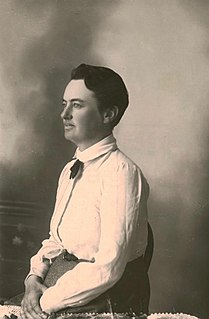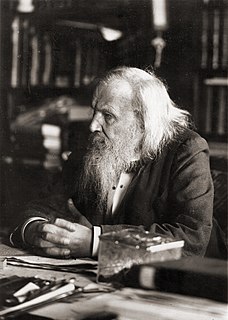Цитата Эдмунда Берка
Я отчаялся когда-либо получить такое же удовольствие от самых возвышенных гениальных произведений, какое я испытывал в детстве от произведений, которые, по моему нынешнему суждению, кажутся ничтожными и презренными.
Связанные цитаты
Все возрастающая интенсивность отчаяния зависит от степени сознания или пропорциональна этому возрастанию: чем больше степень сознания, тем интенсивнее отчаяние. Это проявляется повсюду, особенно в отчаянии в его максимуме и минимуме. Отчаяние дьявола есть самое сильное отчаяние, ибо дьявол есть чистый дух и, следовательно, безусловное сознание и прозрачность; в дьяволе нет никакой неясности, которая могла бы служить смягчающим предлогом. Поэтому его отчаяние является самым абсолютным неповиновением. . . .
Сегодня я занимаюсь изображением нравов настоящего. Прошлое интересно не только той красотой, которую могли из него извлечь те художники, для которых оно было настоящим, но и именно тем, что оно есть прошлое, своей исторической ценностью. То же самое и с настоящим. Удовольствие, которое мы получаем от представления о настоящем, обусловлено не только красотой, которой оно может быть наделено, но и его существенным качеством присутствия.
Удовольствие отчаяния. Но ведь именно в отчаянии мы находим самое острое наслаждение, особенно когда осознаем безвыходность положения... ...все в таком беспорядке, в котором невозможно разобрать, что к чему, но что, несмотря на это невозможность и обман все равно причиняет тебе боль, и чем меньше ты можешь понять, тем больнее.
Фантазия включает в себя то, что по общему мнению считается невозможным; научная фантастика включает в себя то, что по общему мнению считается возможным при определенных обстоятельствах. По сути, это призыв к суждению, поскольку то, что возможно, а что нет, не может быть объективно известно, а является, скорее, субъективным мнением со стороны читателя.
Печаль, ужас, тоска, отчаяние сами по себе часто являются избранными выражениями приближения к высшему благу. Наше сочувствие к трагическому роману зависит от этого принципа; трагедия восхищает тем, что дает тень удовольствия, которое существует в страдании. Отсюда и источник меланхолии, неотделимой от сладчайшей мелодии. Наслаждение в печали слаще наслаждения самого наслаждения.
На самом деле писать — занятие не из неприятных, когда одно чувство легко порождает другое и по первому же зову появляются и идеи, и выражения; но такого счастья не всегда достигает величайший гений; и обычные писатели знают это только в такой степени, чтобы поверить в его возможность. Сочинение — это по большей части усилие медленного усердия и упорного упорства, к которому ум тянется необходимостью или решимостью и от которого внимание с каждой минутой переключается на более приятные развлечения.
Когда люди оценят бесчисленные различия, к которым необходимо должно привести осуществление этого суждения, когда они оценят внутреннюю ошибочность своего разума и степень его искажения волей, когда, прежде всего, они приобретут эту любовь Истины, которую в конце концов производит постоянное обращение к частному суждению, им и в голову не придет, что вина может быть связана с честным заключением или что один класс аргументов должен подавляться авторитетом.
Мне кажется, что моралист — самое бесполезное и презренное существо. Он бесполезен в том смысле, что тратит свою энергию на вынесение суждений, а не на получение знания, по той причине, что суждение легко, а знание трудно. Он презрен в том, что его суждения отражают то видение самого себя, которое в своем невежестве и гордыне он хотел бы навязать миру. Умоляю вас, не становитесь моралистом; вы разрушите свое искусство и свой разум.
Помните, что вы можете быть возвышены без высшего образования. Можно быть возвышенным, не будучи стройным и красивым. Вы можете быть возвышены без успешной карьеры. Вы можете быть возвышены, если вы не богаты и не знамениты. Поэтому сконцентрируйтесь как можно лучше на тех вещах в жизни, которые вернут вас в присутствие Бога, сохраняя все в правильном равновесии.
Нынешняя система, находящаяся под контролем белых, приучает негра быть белым и в то же время убеждает его в неприличии или невозможности стать белым... неграм не останется выхода, кроме как зайти в тупик, если то образование, которое они сейчас получают, должно помочь им найти выход из нынешних трудностей.










































